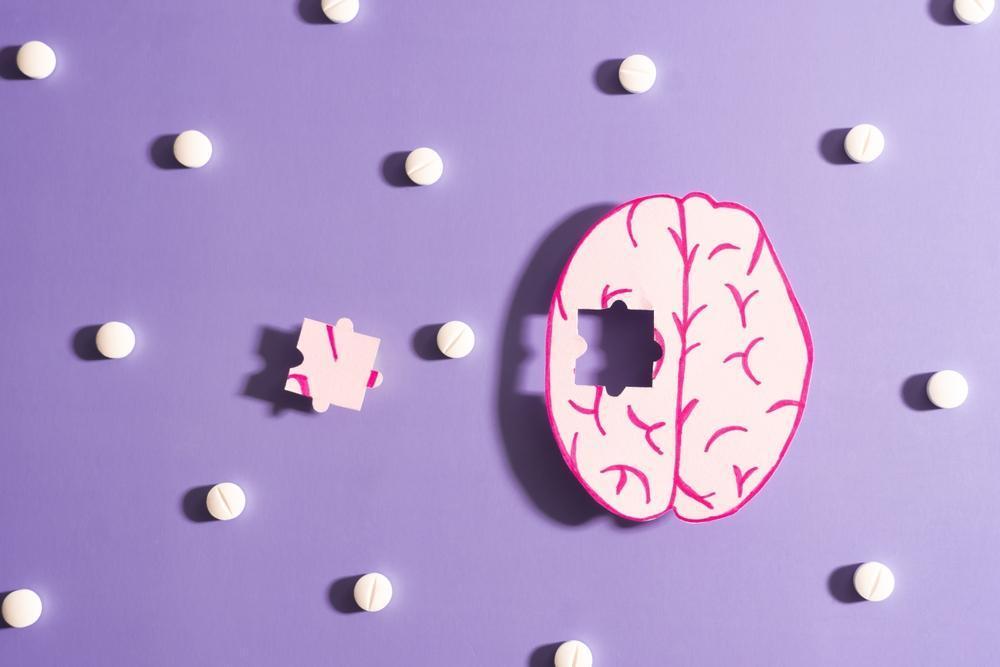After middle age, it’s natural for our brains to shrink slightly over time, resulting in declining memory and cognitive abilities. Memory decline (e.g.
, forgetting recent and familiar things) Decreased language expression capability Difficulty identifying time, space, and people Reduced ability to think and work Personality changes Abnormal mood, sudden anger, anxiety, and depression Loss of normal behavioral abilities and inability to care for oneself Lack of vitamins B1, B9, and B12 and other nutrients can also affect the brain. For example, vitamin B12 is an essential nutrient for the development and growth of the central nervous system and is vital for maintaining its health. Some conditions, including hypothyroidism and severe migraines, may also cause cognitive deterioration.
Wu mentioned that, for example, a person suffering long-term migraine is a sign that there is insufficient blood flow to the brain, resulting in its being deprived of oxygen persistently and its gradual degeneration. 1. Kidney Deficiency 2.
Poor Metabolism 3. Poor Blood Circulation 1. Eating Too Fast 2.
Napping for Too Long 3. Addiction to Short Videos 4. Multitasking Wu said that after getting up early every morning, you can use your fingers to comb your hair and massage your cervical spine, which promotes blood circulation in the brain and makes your head feel refreshed.
1. Egg Yolk Lecithin He shared a case of a 45-year-old woman who often stayed up late and felt that her memory was not partic.


















